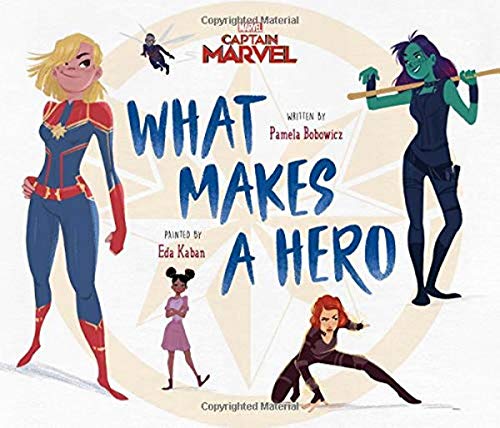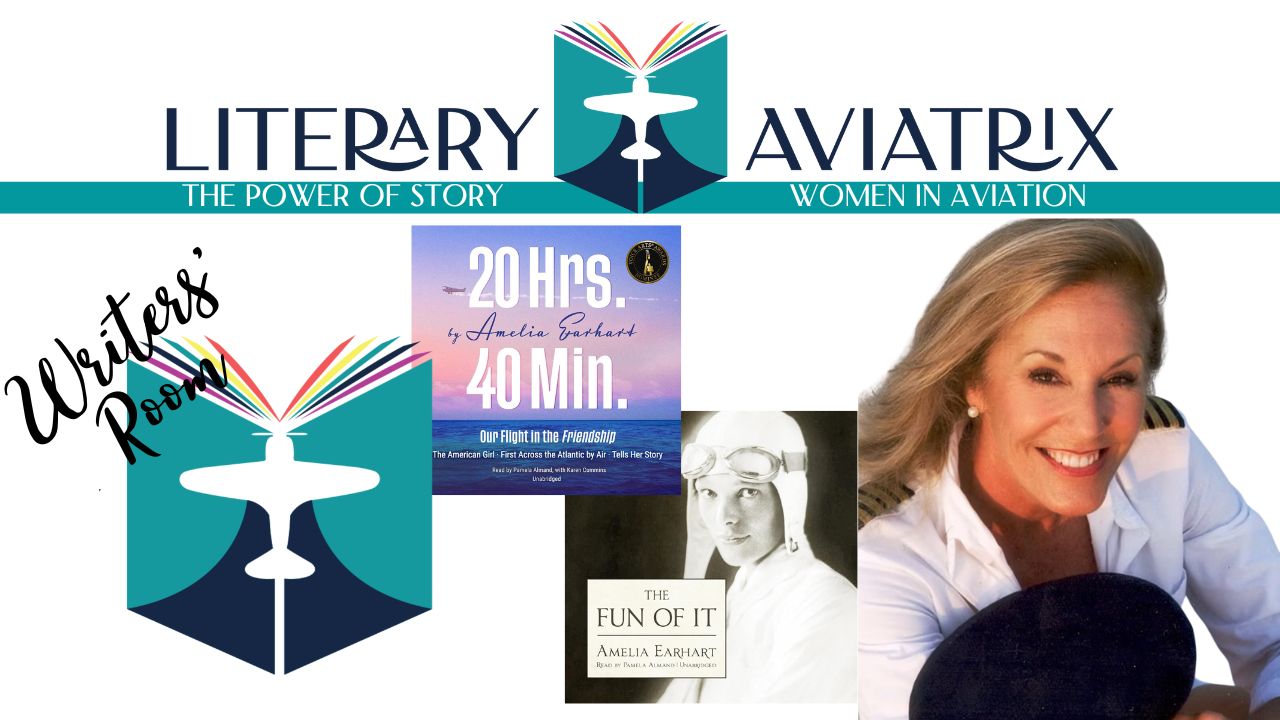
WHERE DO I START?
by Liz Booker
One day you looked up at the sky and decided, “I want to fly.” Then you discovered what a long journey it is from that dream to reality. Aerodynamics, engines, weather, communication, navigation, flight rules and regulations, safety, pattern work, maneuvers, emergency procedures . . . the list seemed endless. Yet you persisted and finally arrived at that special day: your first solo. Your license to fly. But that wasn’t the end of your flying journey—it was just the beginning. You constantly study and prepare, you work toward advanced certifications. You maintain your proficiency through practice. As long as you stay at the controls, you’re never finished learning. The same is true of writing.
I woke up one day in the middle of my military flying career with an idea—an idea that would not leave me alone. It was an idea for a story about a teen who learns to fly, and I knew I had to be the one to write it. In her book, Big Magic, about tapping into creativity, and living a creative life, Elizabeth Gilbert says, “ . . . ideas spend an eternity swirling around us, searching for available and willing human partners . . . sometimes—rarely but magnificently—there comes a day when you’re open and relaxed enough to actually receive something . . . Everything you see and touch will remind you of the idea. The idea will wake you up in the middle of the night and distract you from your everyday routine. The idea will not leave you alone until it has your fullest attention.” This idea had my fullest attention.
I didn’t dream of being a writer as a child. I dreamt of being a pilot. I was, and am, a reader—born and bred of readers, breeder of readers—but never fancied myself a writer. I’ve kept journals intermittently throughout my life, but I’d never written a single piece of fiction. So where to start? Well, I figured, quite simply, I’d start by writing. I jumped off the cliff and spread my wings. I flapped as hard as I could, and then, I came to a graceless and unceremonious landing, face-down in the dirt.
My ‘big idea’ swirled around me for about five years before I discovered National Novel Writing Month (NaNoWriMo). I committed, in 2009, to join thousands of other writers in an online community to write 50,000 words in the month of November. And I did it! I WON! A baby was born. In December, I printed out my masterpiece, bound it with zip ties, and took proud mamma pictures. Then I read it—and it was awful. I’m not being self-deprecating here. It was really, really bad—worse than my most embarrassing tail-scraping helicopter landing. This was my baby—but she was ugly, and I was not letting her out into the world looking like this.
The following spring, I timidly stepped into the circle of chairs at a local Barnes and Noble for my first writers’ critique experience. I was way out of my element. I was used to perpetual critique in the aircraft—but that critique was of my flying, not of me. My creative work was an extension of my soul. I felt like I was unzipping my belly and revealing all of my innards to a bunch of strangers. It was a vulnerability I’d never experienced before, and I didn’t like it.
Fortunately, I’d pushed myself through discomfort before, however different, and I was determined I could get through this. I attended workshops, retreats, and conferences with the Society of Children’s Book Writers and Illustrators (SCBWI). This incredible organization attracts agents and publishers to work with, and scout, promising writers in children’s and young adult fiction. What I learned from those experiences was that I needed more. I needed a more structured approach to learning the craft of writing. Perhaps, had I not been working full time with a family at home, I might have been able to learn on my own, but I wanted an on-wing. I wanted the undivided attention of a mentor to guide me through the steps. I wanted to be accountable to someone. I wanted course-corrections. I needed deadlines.
I researched writing programs for several years before I decided on one that offered the right combination of low-residency format that I could attend by taking military leave, a solid reputation in the children’s publishing world, and a network of contacts that I could maintain post-graduation. The Vermont College of Fine Arts Writing for Children and Young Adults Program was the perfect fit for my life and goals, and I was grateful to be accepted. VCFA was exactly what I, and my writing, needed.
The ten-day residencies, in January and June, were an exhausting orgy of craft lectures, readings, and critique groups, with time to socialize over a glass of wine and talk about books and writing. Each semester, I was paired with a published author who guided me through critical and creative reading and writing back at home. I started at the very beginning, with Francine Prose’s Reading Like a Writer: A Guide for People Who Love Books and for those Who Want to Write Them. My critical essays started with ‘words’, then built to ‘sentences’, then ‘paragraphs’. This deconstruction of writing was fun, like solving a puzzle, and I began to see the magic behind the curtain. I started to appreciate the craft, and to see the blood, sweat, and tears hidden behind each carefully placed, thoughtfully revised word on the page, and how those words came together to create images in my mind. I read widely, both in the genre I want to write, and outside it. Just like in the aircraft, when your aperture starts to open up and you’re able receive all of the inputs together in a coordinated effort, I started to see my writing come together, and I started to self-correct. By graduation, I was able to see for myself when I was off altitude or airspeed, and make the correction on my own, instead of my instructor telling me.
I graduated in 2016 with a critical thesis on writing to evoke the feeling of movement, 85 pages of a much-improved version of my novel, and a network of life-long writer friends. I was ready for solo, and it was just the beginning. The demands of my last tour of duty for the Coast Guard inhibited making progress on my baby, but I still wrote. I wrote hundreds of thousands of words, hundreds of pages, of navel-gazing journals. Personal reflections on me, myself, and I. I graduated knowing my writing was missing something very important if I want to be a successful writer—emotional connection. My military career had taught me to keep my emotions tightly bound and locked away. As a result, my writing, as adventure-filled and action-packed as it may have been, lacked emotional depth, and would never achieve the connection I hope to have with my readers. When the official first day of my new career arrived on November 1st, 2019—NaNoWriMo—I started a new novel with all of the skills I’d honed at VCFA, and my new-found internal connection accessible to me for my writing.
And it’s going quite well, if I do say so myself. Far better than that first leap off the cliff into writing. Just as in the aircraft, my hard work and practice have filled me with confidence. I still have a long way to go—with these projects, and all the ones I have ahead of me, and that’s okay. Just as I am a pilot, I am a writer. I know that as long as I write, I will never stop learning—but I started by writing.



